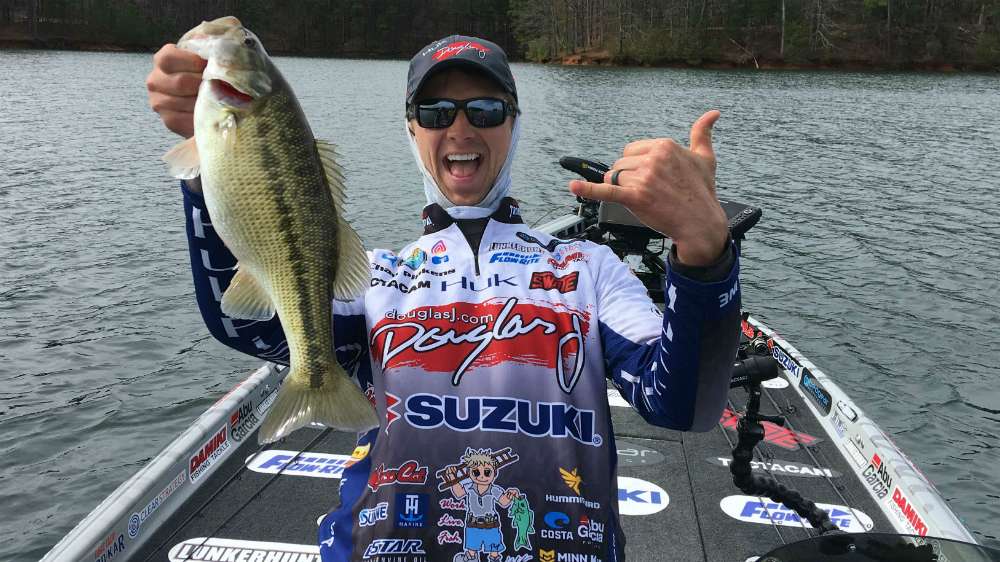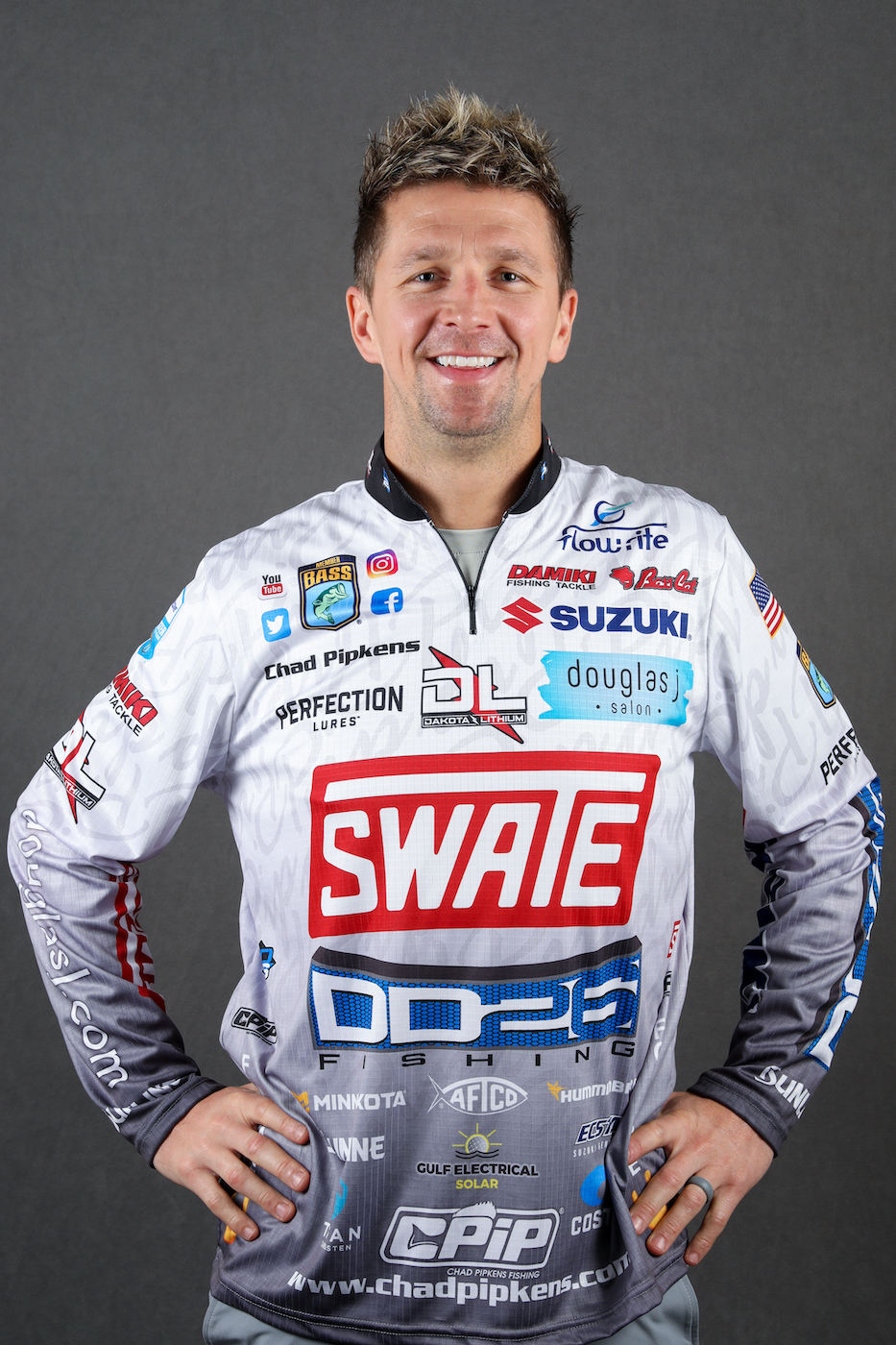
Life is a lot like fishing. There are days when things go your way and other days when strange things happen and you have to pick yourself up and move on.
That’s the predicament I found myself in a few weeks ago when I broke my clavicle in a hockey accident that sent me into surgery and put me on the shelf.
I love hockey. I play every Sunday when I’m not traveling. It’s a part of me and great exercise. You can’t live life in a bubble, and I know the physical and mentally tough benefits I gain from playing hockey help me in an indirect way with my fishing career.
This accident was one of those freakish things. I was skating down the ice and tried to turn when my skate caught a divot or something in the ice. I fell and slid into the boards, breaking my clavicle in three places. I’ve hit the boards before, but the angle in which I hit them this time was the cause of the injury.
But that doesn’t mean I’m done fishing this year. Not even close.
I plan to beat the doctor’s recovery period and fish the next tournament April 4 at Hartwell Lake.
The doc said recovery is eight to 10 weeks, but I plan to beat that. I’m doing all I can right now to follow doctor’s advice while conducting some exercises to fire off the muscles I can use while I’m laid up.
That will help me beat the odds.
I’ve done it before. In 2016, I broke my wrist prior to the season and the doctor said it would take eight to 10 weeks to heal, but when he took the cast off after seven weeks he was amazed that it was healed. I fished the next tournament.
I credit that to a good attitude and healthy lifestyle. I exercise often, eat properly and don’t have any bad habits that affect my physical performance.
I’ve always been a “glass-half-full” kind of guy and dwell on the positives, especially when it comes to fishing.
For example, this accident affected my left shoulder and I’m right handed, therefore I will be able to fish some at Hartwell as long as I can drive a boat safely and can utilize my good arm. I will be somewhat hindered, because I won’t be able to use heavy tackle, utilize hard hooksets, and it will be difficult to land fish properly. I’ll just have to make sure that I fish within my comfort range and make sure I don’t further hurt myself or create more physical setbacks.
But I plan to be there, fish as well as I can and garner as many points as I can. That’s the key to being successful in our sport. When I had my best season in 2015, I had two very poor tournaments and still had the best year I’ve had and qualified for the Bassmaster Classic.
I believe you control what you can control in our sport even when you’re healthy. Unlike a lot of other sports where the ball and the playing field never changes, we’re dealing with a creature that can change its mood hourly and in a wide-open environment.
That’s why I want to make sure I control everything in my power once I hit the water. I always make sure my boat is gassed and running in tip top shape, my rods are spooled with fresh line, my knots are tied properly and my hooks are sharpened.
And once that fish bites, I know I have to minimize my mistakes – do what I can to give myself a chance to win.
Sometimes the breaks don’t go an angler’s way – you may lose a few fish simply because they weren’t biting the bait well.
Those are things you can’t control whether it’s in fishing or just everyday life.
Obviously, this injury is a bad break for me at the beginning of the season, but it’s part of the ups and downs of being a touring pro.
We’ll always all have different amounts of successes and failures on and off the water throughout the year, but a huge key to being a good angler is to dwell on the positives and control what you can control.

